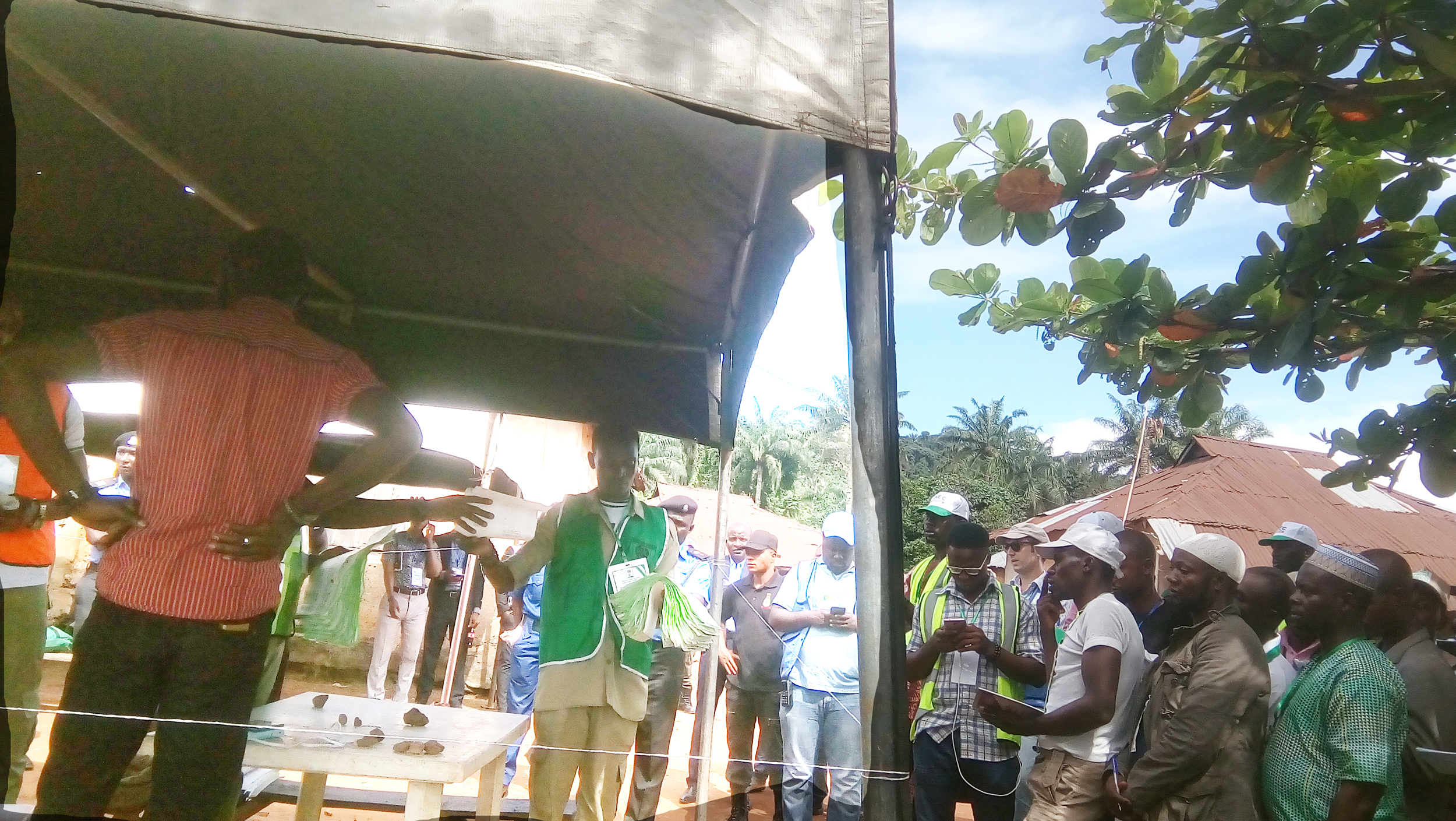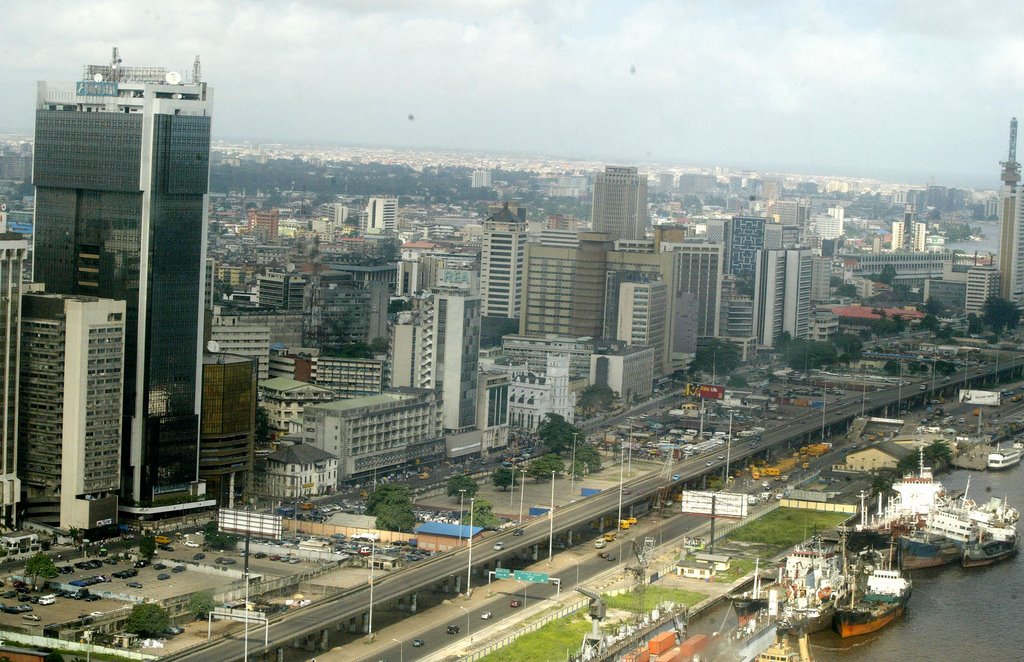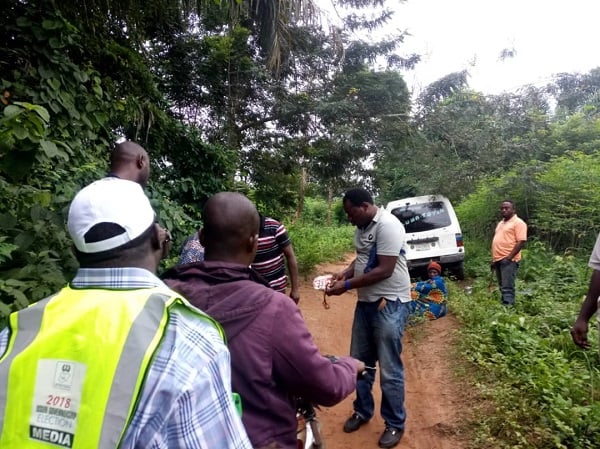BY AKAN OKON
When Mr Udom Emmanuel was sworn in as the Governor of Akwa Ibom in 2015, he made certain promises. Specifically, he believes the state is blessed with abundant natural resources, fertile and good climate that can make it possible for it to produce sufficient food to feed its teeming population and provide a sustainable raw materials base for her burgeoning industries. In three years the administration has developed 11,000 hectares of coconut plantation; 2,100 hectares of cassava plantation in 15 LGAs; registered 48,000 rice farmers for the CBN anchor borrowers scheme and trained 450 youths on cocoa maintenance.
In addition, the state has distributed 500,000 improved cocoa seedlings to farmers at a highly subsidised rate across the 28 cocoa producing local government areas in the state. Now the state hatchery known as the Akwa Prime Hatchery hatches 10,000 day old cheeks per week. This is aside the free distribution of improved corn seedlings to farmers.
The state has championed the construction of vegetableGreen houses and cattle ranch, cultivated over 1,200 hectares of rice and constructed 33 micro cassava processing mills. He didn’t stop there. The state is training 300 youths under the graduate Unemplloyment Youth Scheme. Each of the graduate is given N1m to embark on any agricultural enterprise. Knowing the importance of the use of modern technology and equipment in the 21st centurt farming , the state constructed a Tractor Hiring Enterprise Centre. It has also refurbished the Cassava Processing factories at Ikot Okudom in Eket LGA, Nung Udoe; Ibeskpo/Asutan LGA and Ikot Ekang in Abak LGA and leased two private operators for the production of high quality garri, odourless fufu and cassava flour. It has so far procured 600,000 bags of fertiliser for farmers in the state and distributed 500 citrus seedlings, 600 hybrids plantain suckers and 1,000 pineapple suckers for farmers.
Advertisement
He established a large hybrid rubber nursery at Ebighi Anwa, Okobo LGA in partnership with the Rubber Research Institute of Nigeria for distribution to rubber farmers at highly subsidised rates. He also encouraged the establishment odf demonstration plots on various agricultural technologies for transfer of improved technologies to farmers through Akwa Ibom Agricultural Development Programme. He has builded at least three model villages for production, processing and packaging of Vitamin A products even as the state partners with the World Bamboo Organisation for bamboo development in the state. He has procured and distributed 30,000 hybrid plantain suckers to 348 farmers, installed maize preservation and shelling machin e in Nung Ndoe; another pioneer multiplication sites developed in Nsit Atai ; and constructed 35 boreholes as part of infrastructural benefits of FADAMA at Sawah Rice Production, Nnung Obong; agricultural Equipment Hiring Enterprise.
Diverse crops are cultivated here. From cassava plantation in Ibeskpo, cucumber vegetable, the Vegetble Green House, tomatoes, and has since then been making good on his promises. He promised to transform the economy of Akwa Ibom state via industrialization and sustain public-private sector initiative thereby opening up opportunities for growth and improved living standards. Let’s face it. Nigeria is rich and blessed. Aside the good weather and arable farmland, the country is equally rich in human resources. Should Nigeria be categorised among nations that cannot feed themselves?
Looking back these last three years, he has achieved what he promised especially in the agricultural sector. Governor Udom Emmanuel has taken a bold step to secure the future of Akwa Ibom State through agriculture in the event that oil ceases to yield as much revenue as it does today. Fortunately, Akwa Ibom state is blessed with arable land and favourable climate that supports all-year-round cultivation and extraction of agricultural and forest products such as palm produce, rubber, cocoa, rice, cassava, yam, plantain, banana, maize, and timber.
Advertisement
Through his policy in agriculture, his administration is creating food security, industrial hubs and massive job opportunities for the people of Akwa Ibom. The state is being transformed from one that is heavily dependent on federal allocations to one that generates revenue and earns foreign exchange through agriculture.
Udom Emmanuel’s visionary administration from the onset, declared a state of emergency in the agricultural sector, targeting food sufficiency, welfare of the people, export and economic development of the state. With prevailing high cost of living, this couldn’t have come at a better time even as pervasive poverty and hunger ravage the country. Although its rural communities are largely agrarian, relying on subsistent agriculture, their enormous potentials are now being harnessed for commercial and mechanised farming in cash crops like yam, coconut, plantain, maize, rice, tomatoes, cucumber and rubber as well as animal production, poultry and fish farming.
Under Udom Emmanuel’s administration, 48,000 rice farmers have so far been registered under the Central Bank of Nigeria (CBN) Anchor Borrowers scheme. So far, over 100 hectares of rice farmland have been cultivated. As a result of its commercial value, coupled with the comparative advantage Akwa Ibom State has in the production of cocoa. In addition, Udom Emmanuel has so far, trained 450 youths in new methods of planting cocoa and other extension services to its farmers in the state. The state went further to establish Special Cocoa Maintenance Scheme (SCMS) for the training of farmers and youths on pruning/shade management, under brushing, and tree care by fumigation, in order to ensure the improved yields from 300 kg/hectare to 2, 000kg/hectare over a period of three years.
Furthermore, a programme organised for youths interested in the agricultural sector; Graduate Unemployment Youth Scheme (GUYS), has had no fewer than 300 youths trained. Each of the young graduates is to be empowered with one million naira to embark on any agricultural enterprise of their choice.
Governor Udom’s investment in the Agricultural sector is a proof of his leadership acumen. It is apparent that the state of Akwa Ibom as a whole has improved largely as a result of his corporate governance. Also, his ability to attract private investors and some times, go into Public Private Partnership (PPP) is an indication of a man who has what it takes to be in leadership position.
Advertisement
Views expressed by contributors are strictly personal and not of TheCable.
Add a comment





